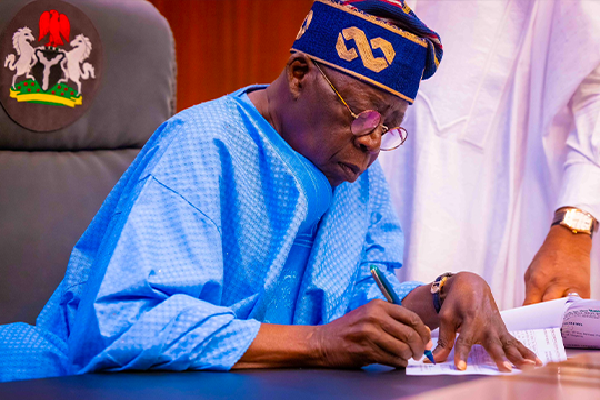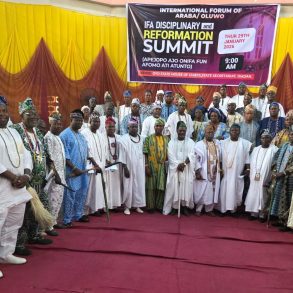President Bola Tinubu’s administration may tinker with and embrace the reform programme initiated by ex-Vice-President Yemi Osinbajo.
The Presidential Committee on Fiscal Reforms and Tax Policy disclosed the information in Abuja.
Former Vice-President Osinbajo initiated the Voluntary and Income Declaration Scheme (VAIDS) as acting President.
The Nigerian government plans to reintroduce the national amnesty programme operated by the administration of Muhammadu Buhari.
The director of Press and Public Relations of the Federal Ministry of Finance, Stephen Kilebi, signed the press statement announcing the decision on Thursday.
Taiwo Oloyede, the chairman of the Presidential Committee on Fiscal Policy and Tax Reforms, confirmed the development at a 2-day retreat in Abuja.
Oloyede said that the committee expected some tax deliverables, which include optimum taxes, harmonised revenue collection functions, revised national tax policy, national fiscal framework, bills preparation for a constitutional amendment, revenue optimisation, production of a model template for sub-nationals and establishment of the federal tax amnesty scheme.
Osinbajo, who served as Acting President in 2017, signed Executive Order No. 004 to implement the Voluntary and Income Declaration Scheme (VAIDS).
The tax amnesty scheme provides a limited timeframe for taxpayers to regularise their tax status concerning previous tax periods and pay taxes due with certain benefits.
The programme started on July 1, 2027, and lasted until March 31, 2018.
It was reported that going by the pronouncements of the Tax Reform Committee Chairman, Oloyede, Tinubu’s administration may adopt the scheme to accelerate tax payments among Nigerians and corporate bodies.
The Minister of Finance and the co-ordinating Minister of the Economy, Wale Edun, told Nigerians that better days were coming with implementing the Renewed Hope Agenda.
The minister admitted that the petrol subsidy removal slowed down the economy, adding that still, interventions were implemented to alleviate the pains caused by the reforms and plug leakages in subsidies.
The minister revealed that the constant drop in GDP per capita was over as the government embarked on the renewed hope agenda.
In May, the administration of Buhari proposed five new taxes to be added to the pool of taxes paid by Nigerians.
One tax that raised eyebrows was the 5% excise duty tax on mobile telephone services, fixed telephone, and internet services.
Chairman of the Federal Inland Revenue Service (FIRS), Muhammad Nami, said Nigeria needed tough reforms to increase tax revenue.
Legit.ng reported that President Bola Tinubu unveiled a fiscal policy and tax reform committee comprising private and public experts.
The committee is chaired by Taiwo Oyedele, a tax and policy expert, and is expected to deliver tax reforms achievable in 30 days.






